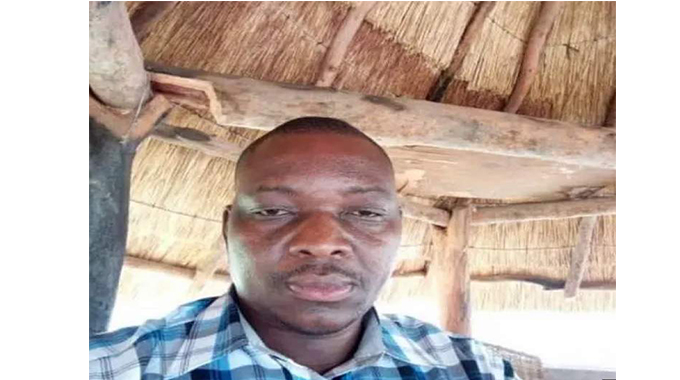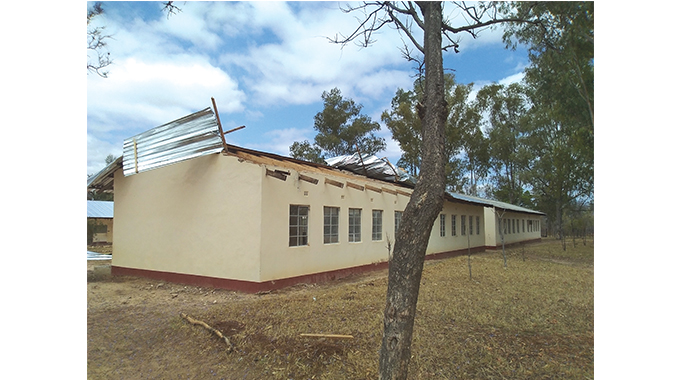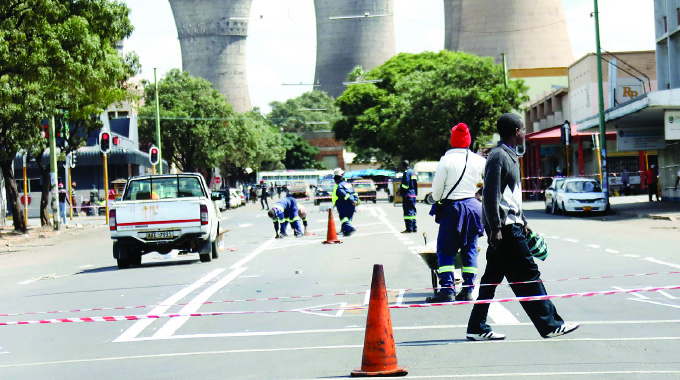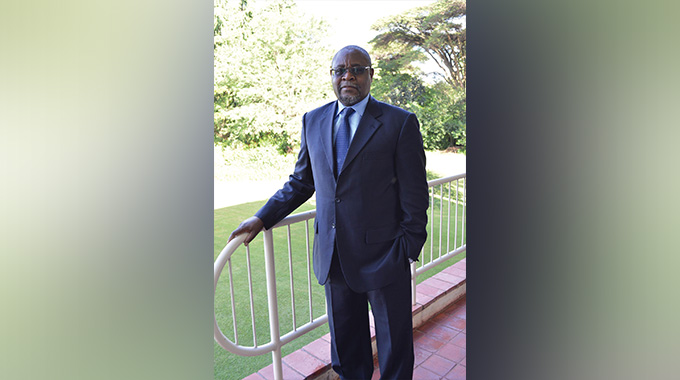Govt pushes Gwanda Solar Project restart

Michael Magoronga, Midlands Correspondent
GOVERNMENT is working on plans to fast-track the implementation of the long awaited 100MW Gwanda Solar Project which has had several false starts.
Cabinet recently approved the revised implementation plan for the project that commits to deliver the first 10MW within six months after signing of financial closure agreements and fulfilment of all outstanding conditions.
The Gwanda Solar Project has courted controversy after the contractor, Intratrek Zimbabwe, owned by Wicknel Chivhayo, failed to deliver within the agreed timelines citing failure by Zesa to fulfil certain obligations.
Recently appointed Energy and Power Development Minister Zhemu Soda, has said the Gwanda Solar Project is one of his priority projects.
He told Business Chronicle in an interview on the sidelines of the official commissioning of a Rural Electrification Project in Silobela, that all was ready to implement the project.
“Government is pushing for the implementation of the project hence Cabinet has directed Intratek and Zesa Holdings to engage and bring the project back on track,” he said.
Minister Soda said the two parties had since come up with working committees.
‘They have set up legal, finance and technical committees that are meant to oversee the implementation of the project,’ he said.
Cabinet recently approved the new implementation plan that is tied to a new contract, involvement of renowned power project experts and a US$14 million “ready-made” loan funding commitment for delivery of the first 10MW under the new phased project plan.
Intratrek has also reportedly been asked to declare its financial capacity before embarking on the project, which will be done in two phases starting with the 10MW segment and then 90MW by 2022.
Justice Tawanda Chitapi while ruling on a contractual dispute between Zesa and Intratrek over delays in implementing the project, pointed out that electricity was not generated in courts and boardrooms, but at power stations and urged the feuding parties to dialogue and stop being “dilatory” in their approach. Zimbabwe which requires 2 200MW a day during peak demand, especially in winter, is generating about 1 000MW and is therefore importing power to cover the deficit.











Comments